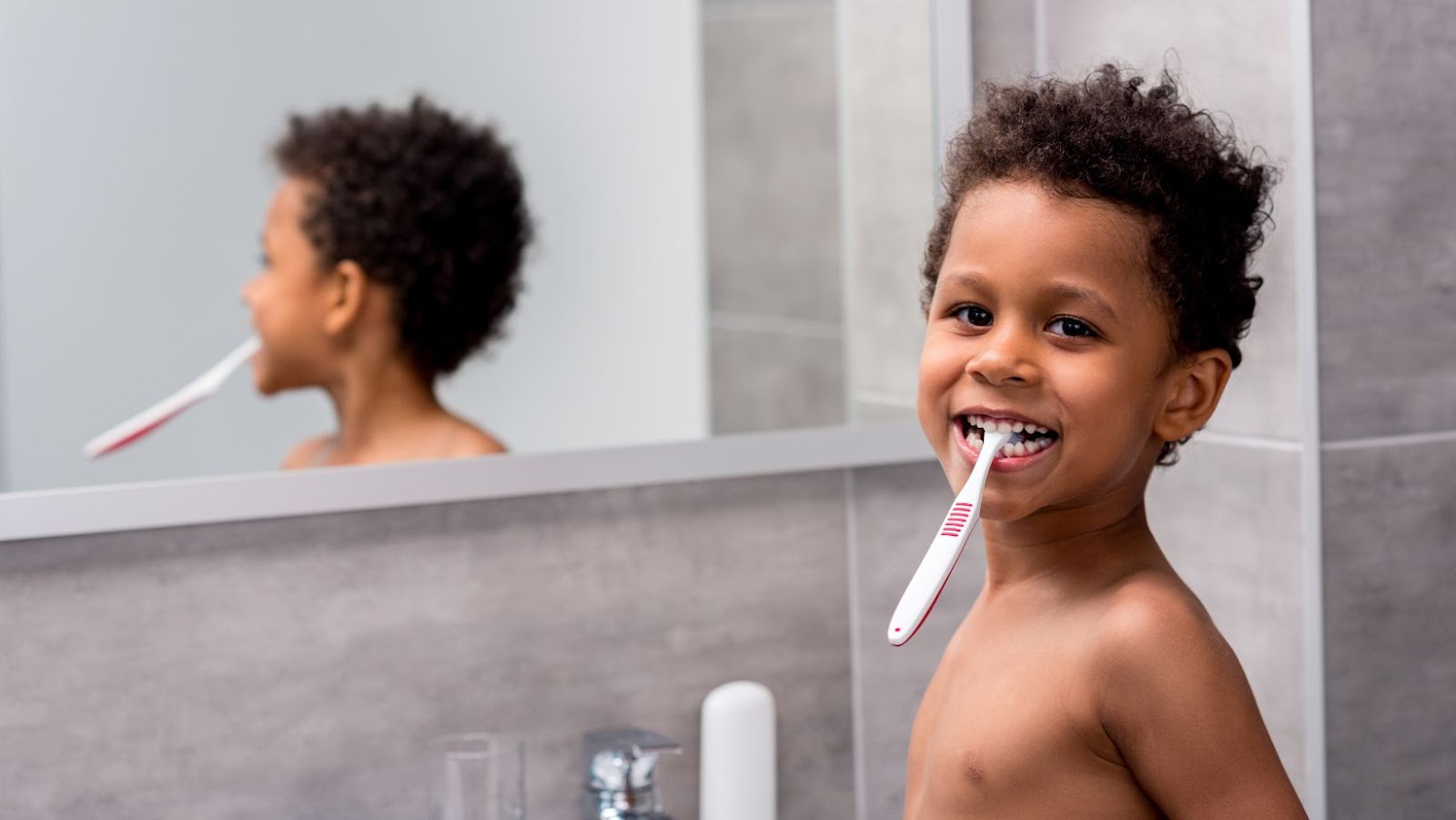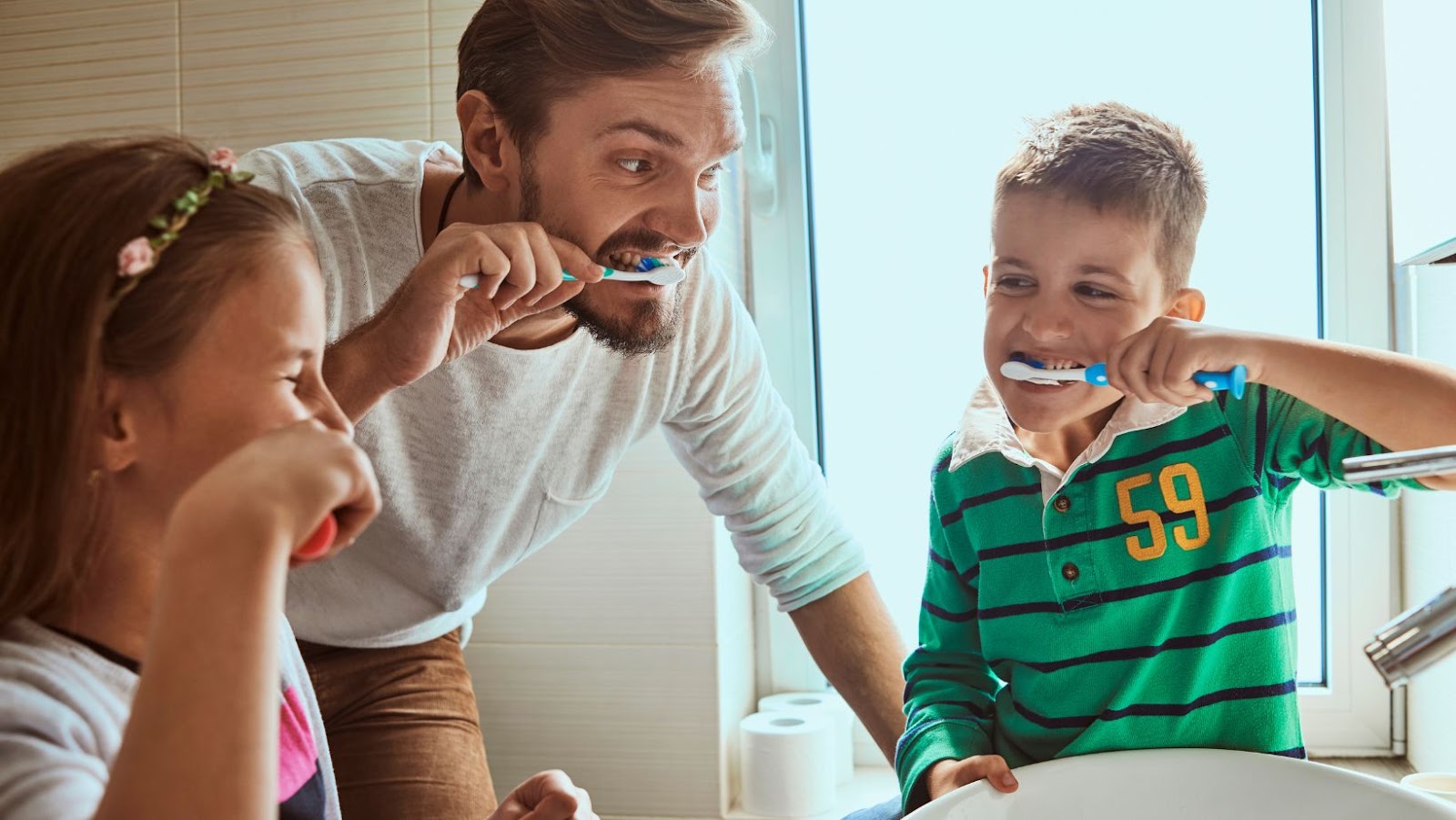
Ever heard that phrase, “stitch in time saves nine?” Well, that can also be applied to dental hygiene too – especially with regard to kids.
There are many reasons why it is important to educate your kids on good dental hygiene practices, not least because it can save them a lot of pain, discomfort, and awkwardness, including a tidy sum of money for you, the parent, over the course of their pre-adult years.
In this guide, we will outline some of these reasons in more detail, as well as highlight what you can do to encourage your child to maintain good oral hygiene practices to avoid having to be on the look out for the safest dental implants las vegas.
Why is Dental Hygiene Important?
It’s only natural to feel worried about the state of your child’s teeth. Both tooth decay and gum disease can be a real issue for your offspring if they don’t look after them properly.
The good news, though, is that both ailments, along with many other dental issues, can be easily prevented with good oral hygiene and by visiting the dentist twice a year, which is why it is very important to impress this upon your children.
The best way to do this is to lead by example and employ a thorough daily oral health care routine yourself. Children learn through what they see, so if they see you doing this, they are more likely to do the same.

What is a Good Daily Oral Health Care Routine to Adopt?
To assist your child in staying on top of their daily battle to maintain a healthy set of teeth, many dentists advocate you brush your teeth for two minutes twice a day, ideally with an electric toothbrush and fluoride toothpaste.
This effectively assures that your child’s teeth are protected from bacteria, tartar, and plaque that can cause a range of dental diseases. For more information, Putney Dental Care has a great guide on how to identify tartar and plaque, noting key differences and how to avoid bacteria build-up.
To ensure this happens, they might find it easier to stick to the same times every day, i.e., as soon as they wake up and before they go to sleep. In addition, try and get them to floss every day too, and then finish their routine by rinsing with mouthwash or salted water. If flossing is too tedious for them, they can try using interdental brushes instead according to this professional dentist in Oxnard.
To encourage them to do it as well, try to brush your teeth at the same time as your children.
Also, if they are young, consider turning it into a fun experience with a sticker chart. You can even reward them at the end of the week. Just make sure it’s not too much of a sugary treat!
What Else Can My Children Do to Look After Their Teeth?
Another important thing you can do to help your children look after their teeth is to encourage them to eat healthier. The presence of tooth decay can be prevalent amongst children who regularly eat foods and drinks that are high in sugar and carbohydrates over a long period of time.

As a result, try to reduce the number of foods like cakes, chocolates, lollies, fatty junk food, and dried fruits they eat. Similarly, limit their consumption of sugary drinks like sodas, sports drinks, fruit juice, and cordial. All of which can have a detrimental effect on your child’s teeth.
Instead, try and encourage them to eat a balanced diet that includes lots of vegetables, fruits, non-processed cereals, meat, fish, bread, eggs, and milk. Also, try and ensure they drink a lot of water too.
Visit Your Dentist or Oral Health Therapist Regularly
It is important to take your child to the dentist, or an oral health therapist, for regular check-ups every six months. Not only is this the best way to keep track of any issues that might arise in their teeth, but it is also a great way to ensure their teeth get a really deep clean too.
For some children, the prospect of visiting the dentist can be daunting. However, to make it seem like a less unnerving experience, there are several things you can do.
Firstly, book the appointment early in the morning, so your child is not as tired as they may be during an afternoon appointment. Also, use positive language to explain to your child what a dentist does and why it is important to see them regularly.
If your child expresses any fears about going, be sure to listen to them carefully and do not dismiss or ridicule them. Instead, reassure them that there is nothing to worry about and confirm you will be with them for the entirety of the appointment.
Parents and dental professionals alike benefit from staying informed on the latest in oral health practices. Institutions like the Interdisciplinary Dental Education Academy offer valuable resources for those interested in dental continuing education, helping ensure that both care providers and caregivers can pass accurate, updated knowledge on to the next generation.
Conclusion
We hope this article has highlighted to you how important it is to educate your kids on dental hygiene. At the end of the day, the more your child embraces the concept of looking after their oral health, and the stronger and more robust their teeth will be.
In this respect establishing a routine is a key factor because the more often they brush their teeth and visit the dentist, the more it will become second nature to them.























